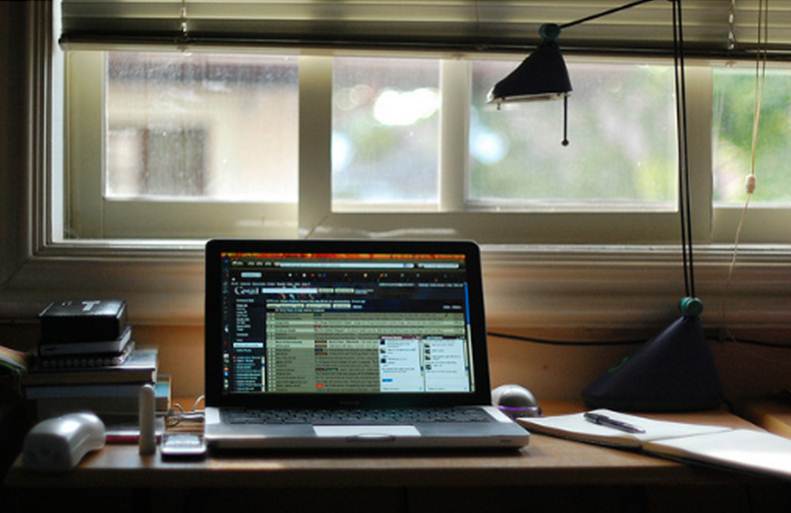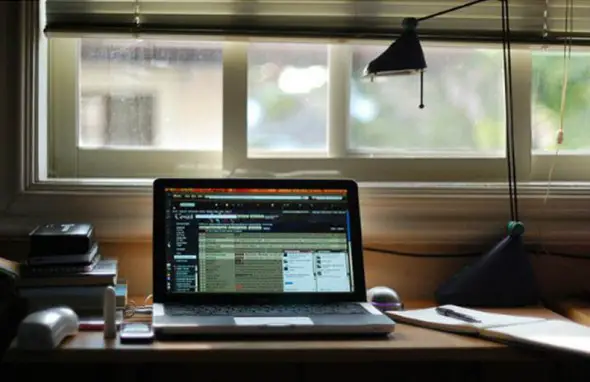Our personal and professional lives often blur as freelance writers, since you might complete a few assignments during the morning at a cafe, attend a sports event or birthday party, and then resume your work in the evening. Many are drawn to the freelance lifestyle because it gives you time and location flexibility that few jobs can offer. However, you can become shackled by poor spending habits, especially if you don’t watch your money management while working. Here are a few tips on sustaining your freelance lifestyle without breaking the bank.
Working Away from Home
Cafes, restaurants, and even pubs cater to telecommuters, sometimes advertising free Wi-Fi on signage next to their hours and food options. Working in these locations can break the monotony of working from your desk at home, but you need to start examining how much you actually spend while taking your work outside. For example, let’s say you work away from home two days out of the week. In order to use an establishment’s Wi-Fi, you generally need to purchase food or drink. If you stay out long enough, you’ll probably wind up eating a meal out. Next, factor in your commuting costs. These expenses can add up quickly and cut into your bottom line.
Before you haul your laptop and work supplies to an establishment that serves food, take a look at nearby libraries, campuses, and other free public spaces that offer Wi-Fi and a quiet space. Pack a light lunch and visit some of these alternative spaces, since they won’t make a dent in your pocketbook.
Save Work-Related Receipts
If you’re bringing in self-employment income, you should be filing your taxes as an independent contractor. You can actually get tax credits for listing work-related expenses, so make sure to hang onto those receipts! If you’re totally new to this, you can end up saving money by hiring a tax expert for your first-year freelancing filings. Here are a few expenses that you can claim for tax deductions:
-
Professional conference tickets (for writing and blogging events)
-
Work transportation costs
-
Business cards
-
Website hosting and domain fees
-
Computer, backup drive, and other business technology
-
Internet and telephone bills
-
Rent (if you work from a home)
-
Business cards
Measure Your Spending
If you really want to be upfront with yourself about spending and financial goals, you should start tracking your monthly income and expenses. This can give you a clear snapshot at whether you’re building revenue streams, or if you’re spending more than you make. Free online services such as Mint can analyze how you spend based on categories such as “Groceries” or “Coffee.” You can also manually create a spreadsheet and chart your financial trends as a freelance writer. Collecting this data can help you become more financially accountable.
Freelancing as a writer includes an immense amount of freedom, but it also demands that you remain self-directed, self-motivated, and self-disciplined. When you are in business for yourself, you must take a magnifying glass to your spending habits and see when you need to cut expenses. Grabbing coffee everyday at the café next door might not seem like a big deal, but it can add up to a $40-$80 monthly habit (depending on the fanciness of your coffee). Keep your spending in check by strategically choosing your work locations away from home, saving business expense receipts, and collecting vital financial data.



Leave a Reply